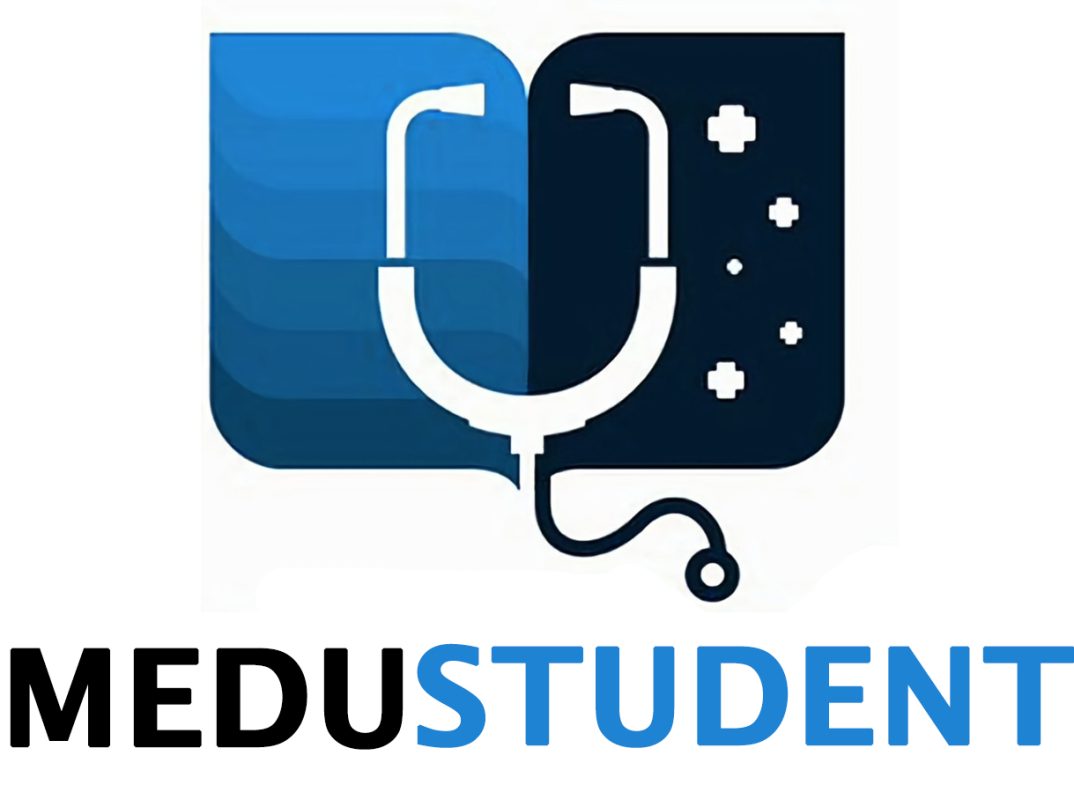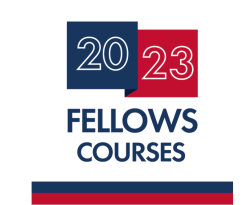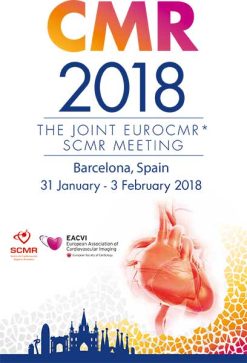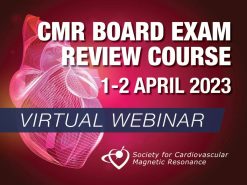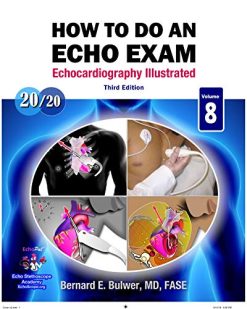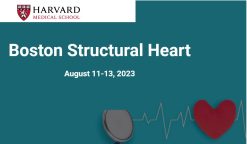Nuclear Cardiology: Basic Principles, Current Practice, & Future Directions 2025
$70,00
This Product is shared via google drive download link, So please share your correct Gmail id while placing the order .Please note that there are no CME points or certificate associated with this course Samples for Courses Can be found here : Free Samples Here!
Nuclear Cardiology: Basic Principles, Current Practice, & Future Directions 2025
Learn from world-renowned nuclear cardiology experts and get answers to all your clinical nuclear cardiology questions with this convenient online program! You’ll get immediate access to 32 presentations and dozens of self-assessment questions that will help you stay at the top of your nuclear cardiology game. Plus, with 15+ hours of nuclear cardiology CME, you’ll earn all the credit you need to meet your laboratory’s nuclear accreditation requirements.
Access the completely redesigned 2025 program featuring brand new presentations, including:
- Nuclear Cardiology Physics & Modern Cameras
- Current and Future Applications of AI in Nuclear Cardiology
- The Role of Nuclear Cardiology in the Diagnosis of ANOCA/INOCA/MINOCA: A New Era in Ischemic Heart Disease
- Plus, much more!
Designed to meet the needs of professionals who perform or request nuclear cardiology studies, this program awards more than 15 hours of nuclear cardiology CME—all the credit you need to meet your laboratory’s IAC accreditation requirements. More than thirty presentations and dozens of self-assessment questions from a world-renowned nuclear cardiology faculty will help you stay at the top of your nuclear cardiology game.
Editor
Nishant Shah, MD, FACC
- Basic Principles
- SPECT/PET MPI Acquisition & Interpretation
- SPECT/PET MPI Appropriate Use & Artifacts
- SPECT/PET MPI: Laboratory Considerations
- PET-Derived Myocardial Blood Flow
- Cardiac Amyloid Radionuclide Imaging
- Multimodality Imaging of Myocardial Inflammation & Viability
- Ischemic Heart Disease: New Paradigms
- Nuclear Imaging in Special Populations
- Future Directions
- AI Applications in Nuclear Cardiology
Learner Objectives
Upon completion participants should be able to:
- Reinforce the basic principles of nuclear cardiology physics, stress testing, and SPECT and PET myocardial perfusion imaging workflows for the healthcare team.
- Identify recent guideline updates regarding the appropriate use and interpretation of SPECT and PET myocardial perfusion imaging, cardiac amyloid radionuclide imaging, and cardiac sarcoidosis imaging.
- Delineate the evolving role of nuclear cardiology in preoperative evaluation, chronic inflammatory diseases, heart transplantation, and our understanding of ischemic heart disease in women.
- Discuss new challenges and opportunities in nuclear cardiology, including hybrid imaging, novel radiotracers, molecular imaging, and artificial intelligence.
- Enhance knowledge and care coordination amongst members of the interdisciplinary team to improve the overall quality of cardiac imaging and patient outcomes.
Related products
CARDIOLOGY
CARDIOLOGY
CARDIOLOGY
CARDIOLOGY
HARVARD MEDICINE
